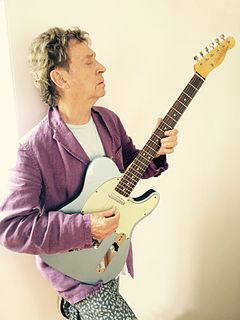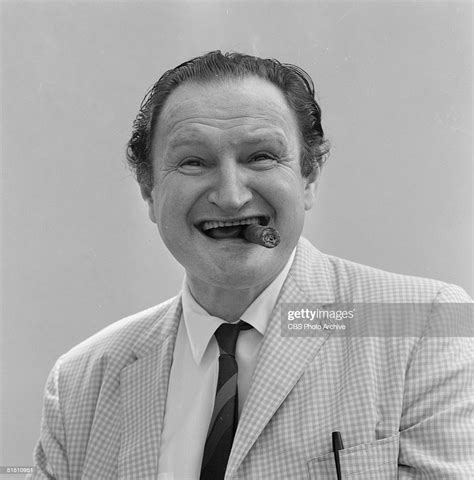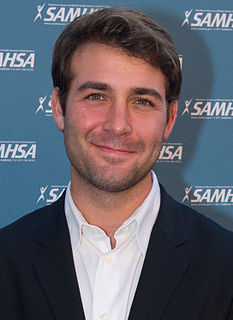A Quote by Wendy Williams
Finding the fine line between satisfying a daytime TV audience and an afternoon radio audience. That involved editing down my delivery to under an hour. I've been blessed to have great producers and a great staff to achieve that. I have a small team but they're very efficient.
Related Quotes
The big difference I think between tv and stage is definitely the immediate buzz that you get. And that's not just as an actor, as an audience member you're getting the chance to have this kind of two-way process where the actors and the audience are experiencing the same thing. With tv you often have to wait months and months down the line to actually get the pay-off. Whereas with theatre it's a very immediate thing.
Christian audience, I think, have grown very tired of movies that try to pander to them. For instance if someone goes, "Ok, we're designing what we're going to do with this movie. It's a Christian movie and they'll eat it up." And you know what? Consumers are smarter than that. They go, "The movie isn't that great and he thought that I would just be a sucker and plop my $10 down for it?" Because you're looking down at the audience. You can't pander to an audience.
I am sort of proud that I think radio has become a dominant influence in shaping public opinion. Good radio paints the picture for the audience. The audience has to be actively involved. Sometimes, in television, you can get lulled into sleep watching the picture, not listening to what you're hearing.
Broadcasting is a team effort and two, or three, individuals not functioning as a team cannot be as effective as they can if they set aside their own agendas and focus on what they see on their TV monitors and embellish the TV personas of the talents involved. I've been blessed to have had many outstanding partners.

































